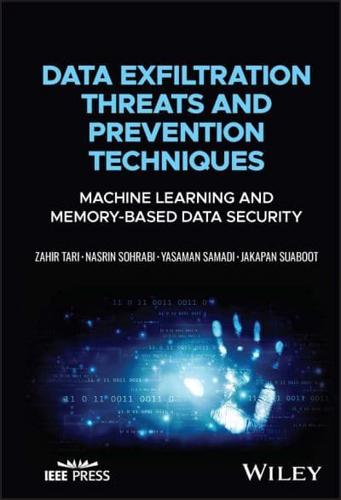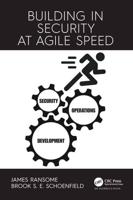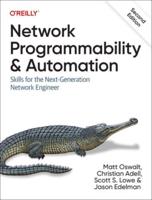Publisher's Synopsis
DATA EXFILTRATION THREATS AND PREVENTION TECHNIQUES
Comprehensive resource covering threat prevention techniques for data exfiltration and applying machine learning applications to aid in identification and prevention
Data Exfiltration Threats and Prevention Techniques provides readers the knowledge needed to prevent and protect from malware attacks by introducing existing and recently developed methods in malware protection using AI, memory forensic, and pattern matching, presenting various data exfiltration attack vectors and advanced memory-based data leakage detection, and discussing ways in which machine learning methods have a positive impact on malware detection.
Providing detailed descriptions of the recent advances in data exfiltration detection methods and technologies, the authors also discuss details of data breach countermeasures and attack scenarios to show how the reader may identify a potential cyber attack in the real world.
Composed of eight chapters, this book presents a better understanding of the core issues related to the cyber-attacks as well as the recent methods that have been developed in the field.
In Data Exfiltration Threats and Prevention Techniques, readers can expect to find detailed information on:
- Sensitive data classification, covering text pre-processing, supervised text classification, automated text clustering, and other sensitive text detection approaches
- Supervised machine learning technologies for intrusion detection systems, covering taxonomy and benchmarking of supervised machine learning techniques
- Behavior-based malware detection using API-call sequences, covering API-call extraction techniques and detecting data stealing behavior based on API-call sequences
- Memory-based sensitive data monitoring for real-time data exfiltration detection and advanced time delay data exfiltration attack and detection
Aimed at professionals and students alike, Data Exfiltration Threats and Prevention Techniques highlights a range of machine learning methods that can be used to detect potential data theft and identifies research gaps and the potential to make change in the future as technology continues to grow.










